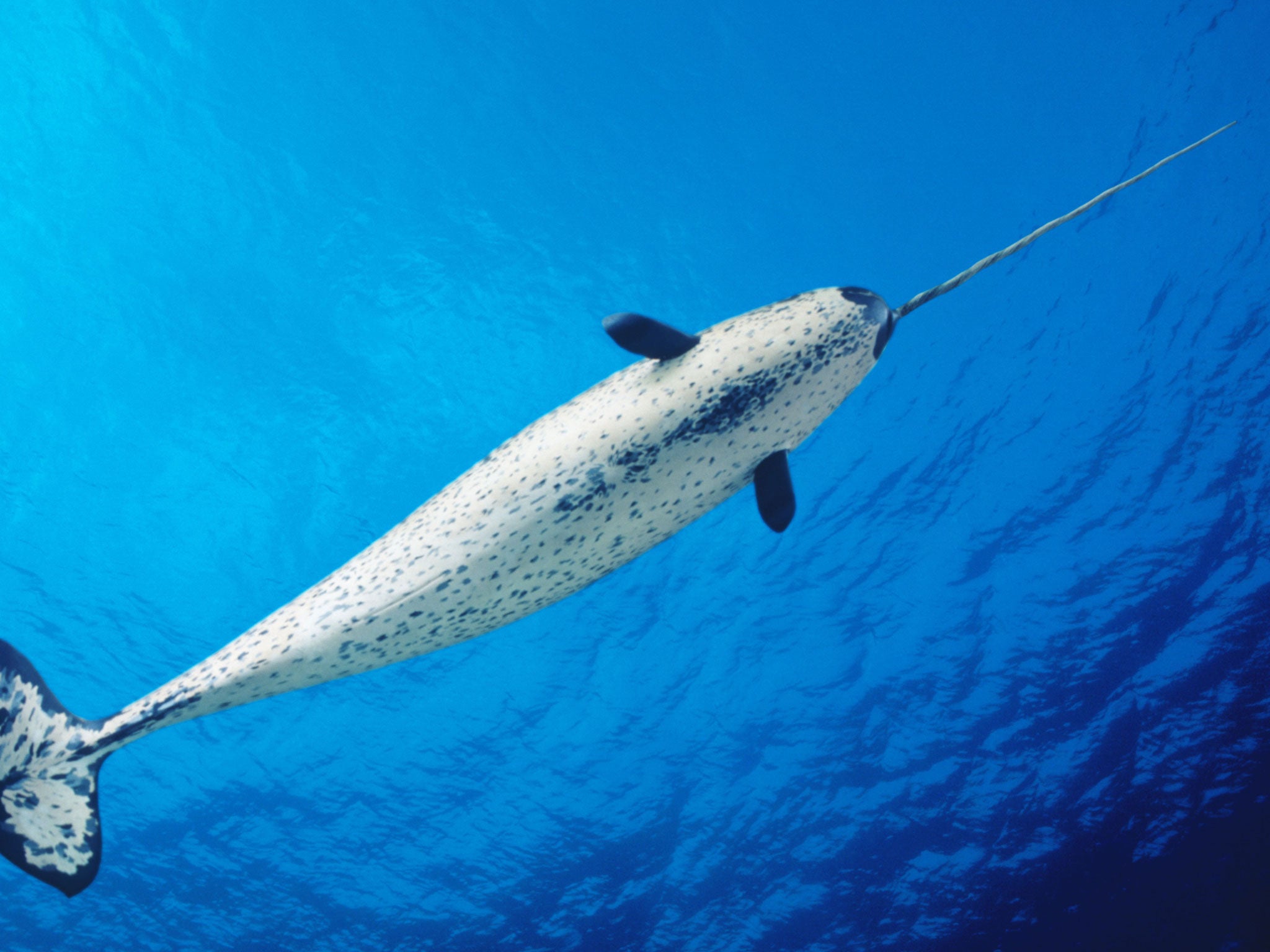The mystery of the narwhal tusk and the Minister of Magic: Was the unusual artefact the inspiration for a character in the Harry Potter series? JK Rowling says not
In a curious coincidence the name Cornelius Fudge has turned up on a whale tusk which sold at auction last month for £36,000

Your support helps us to tell the story
From reproductive rights to climate change to Big Tech, The Independent is on the ground when the story is developing. Whether it's investigating the financials of Elon Musk's pro-Trump PAC or producing our latest documentary, 'The A Word', which shines a light on the American women fighting for reproductive rights, we know how important it is to parse out the facts from the messaging.
At such a critical moment in US history, we need reporters on the ground. Your donation allows us to keep sending journalists to speak to both sides of the story.
The Independent is trusted by Americans across the entire political spectrum. And unlike many other quality news outlets, we choose not to lock Americans out of our reporting and analysis with paywalls. We believe quality journalism should be available to everyone, paid for by those who can afford it.
Your support makes all the difference.An antique collector thought he had stumbled on the discovery of a lifetime when he found the name of a character from the Harry Potter series on a 130-year old whale tusk. But he was even more surprised when, rather than admitting that the unusual artefact had provided the inspiration for her creation Cornelius Fudge, JK Rowling denied all knowledge of it.
John Jeffries from Cornwall bought the huge tusk – which came from a narwhal, an Arctic species dubbed the “unicorn of the deep” – more than four decades ago. It had been presented to a sailor called Cornelius Fudge in 1881.
This, Mr Jeffries realised, was also the name Ms Rowling gave to the Minister for Magic, head of the governing body of the British wizarding world, in the Harry Potter books. He was played by Robert Hardy in the films of the series.
The 64-year-old Mr Jeffries wrote to Ms Rowling asking whether the sailor had been the inspiration for the Minister for Magic’s name. He wondered if she had seen the tusk or the inscription in a history book, adding that it seemed “a bit of a coincidence”.
She replied in a hand-written note: “How utterly extraordinary! No I made up the name Cornelius – or at least I thought I did.” She continued: “I had never come across it and did not know of the existence of a naval CF. Thank you for a most interesting addition to the postbag.”
Mr Jeffries said: “In a way, it’s quite nice that we’re still in the dark about its ultimate origins. This way the tusk retains its mystery.”
The artefact sold at auction last month for £36,000 to what is believed to be an American maritime museum. Mr Jeffries said he would donate £900 to a charity for multiple sclerosis, the illness Rowling’s mother died of at the age of 45.
“I feel that the books were part of the reason the tusk sold for so much, and that it was only fair some of the proceeds went to her charity,” he said.
It has a plaque at the bottom that reads: “Presented to Cornelius Fudge. Master at Arms. By his mess mates as a mark of respect and esteem on his leaving HMS London at Zanzibar to retire from the service. September 1881.”
Mr Jeffries bought the 2.5m (8ft 2in) ivory item from a seller in the New Forest for “a couple of thousand pounds” when he was 21.
He had said before receiving the letter: “Narwhals used to be seen as mythical creatures until they were discovered by Vikings. It ties in well with the Harry Potter magical theme, so there’s a chance the two names could be linked if JK Rowling knew about the tusk, and who it was gifted to.”
In a poll to find the most popular character in the series, Cornelius Fudge came 40th in 2011.
On Thursday, Ms Rowling was snubbed in a competition to find Scotland’s best-loved book from the past 50 years. The Scottish Book Trust compiled a longlist of 50 novels by Scottish authors, those who live in Scotland or for books that were written in the country.
Yet literary critic Stuart Kelly, who oversaw the list, ruled out the Edinburgh-based Ms Rowling because the Harry Potter series was not for adults, while there were “50 better books” than The Casual Vacancy, which was written for grown-ups.
Those in competition include Irvine Welsh, Val McDermid and Iain Banks, with voting open to the public until 18 November.
Join our commenting forum
Join thought-provoking conversations, follow other Independent readers and see their replies
Comments